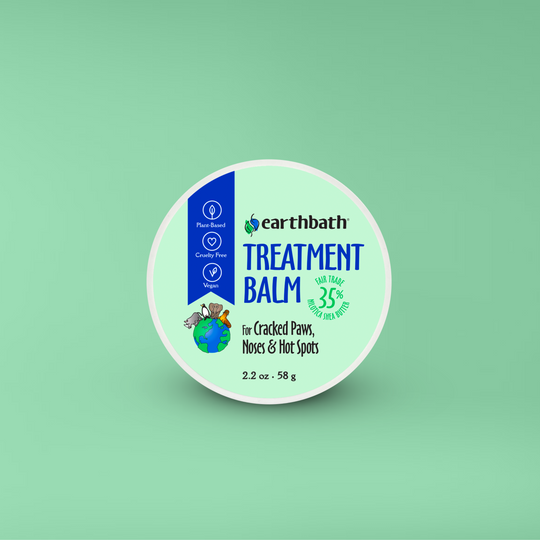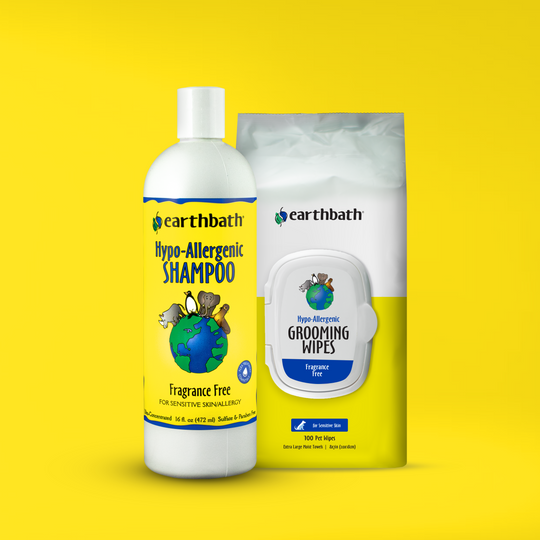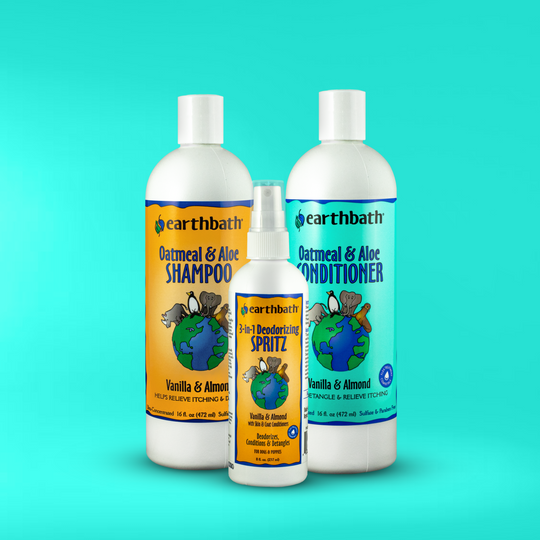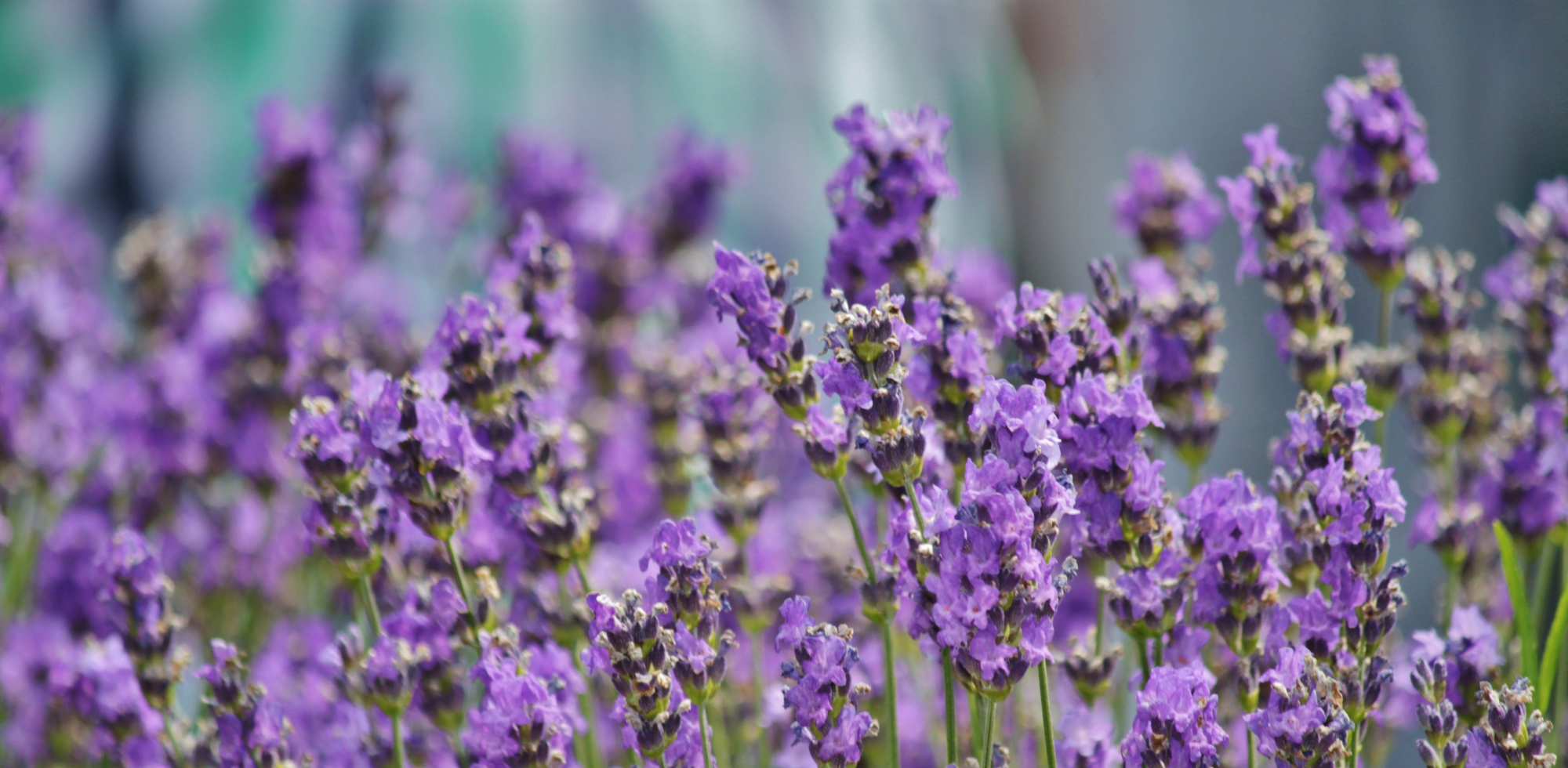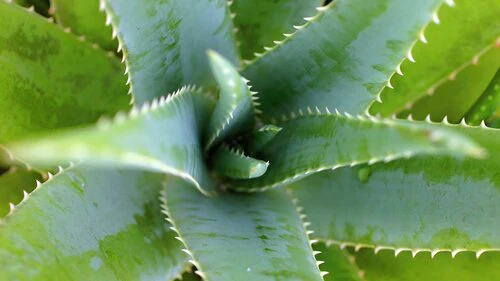
Aloe Vera
Aloe Barbadensis Leaf Juice
An extract of the aloe vera plant. Contains prostaglandins, which may reduce inflammation, promote healing and alleviate allergic reactions.
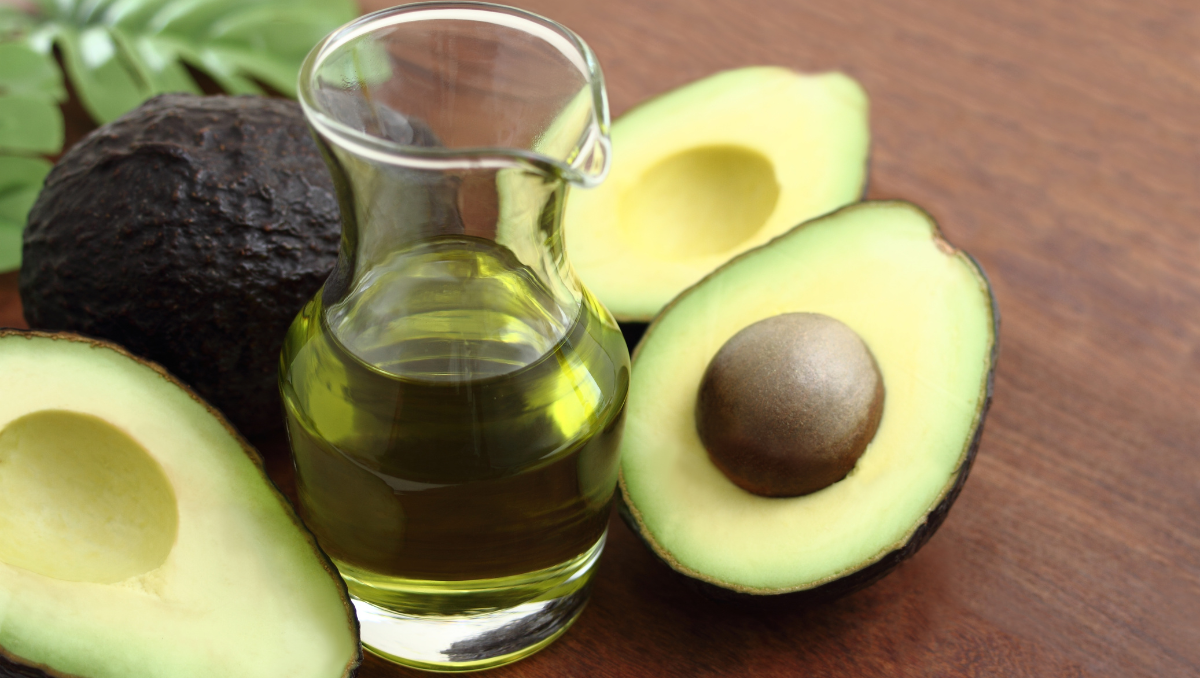
Avocado Oil
Persea Gratizzma
This nutrient-rich oil is cold pressed from the avocado fruit. Loaded with Vitamins A, B, C, D E and K, it delivers fatty acids and minerals for healthier skin and hair.
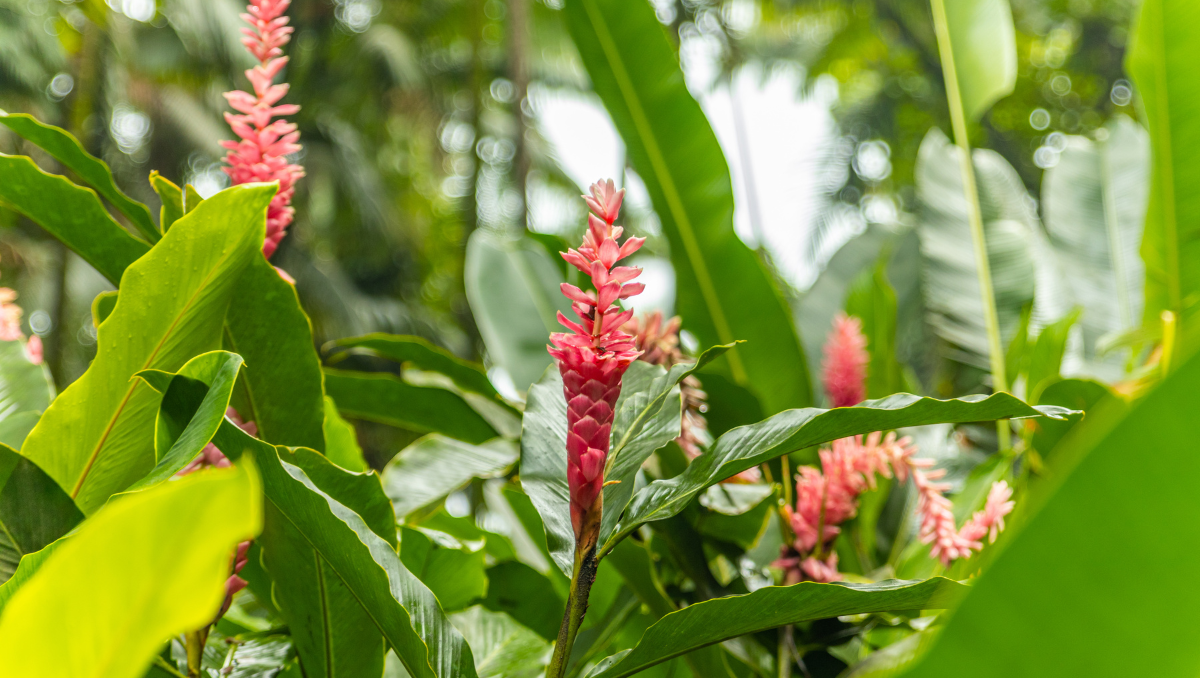
Awapuhi Extract
Hedychium Coronarium Root
The Awapuhi plant is fragrant and edible. It's prized for many health benefits. In grooming products, it helps to balance moisture for shiny, manageable and healthy-looking fur.
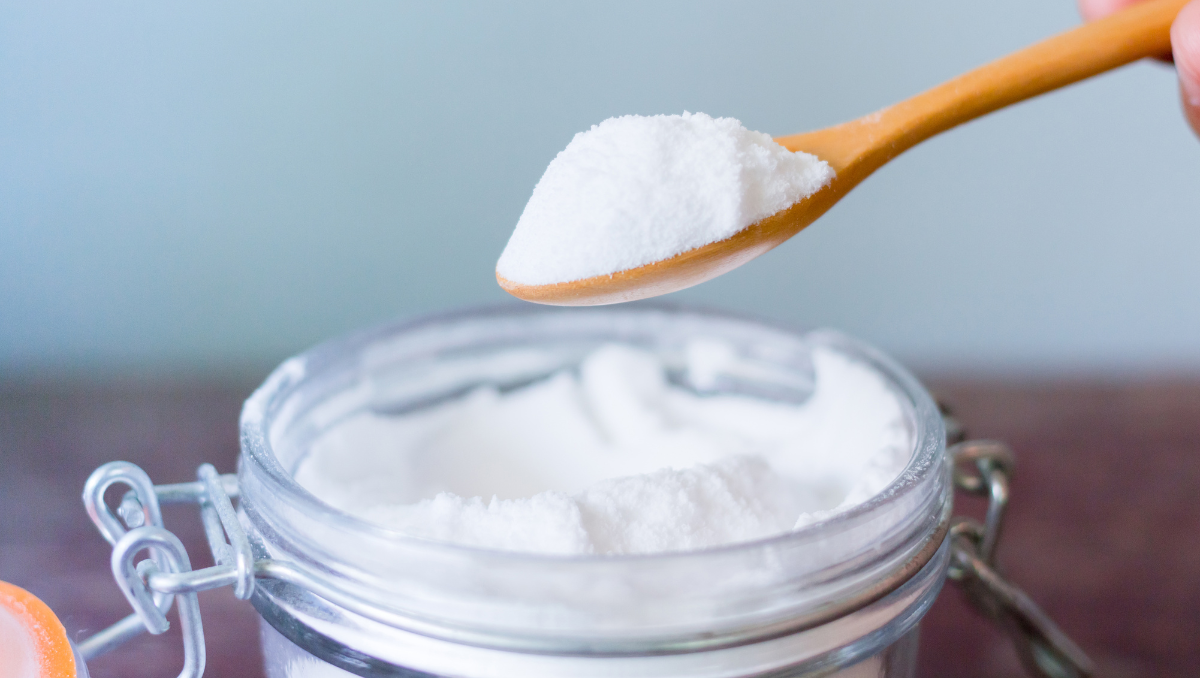
Baking Soda
Sodium Bicarbonate
Baking soda is an effective deodorizer from head to toe. It is used in many homemade remedies including toothpaste, scrubbing away stains and bacteria.
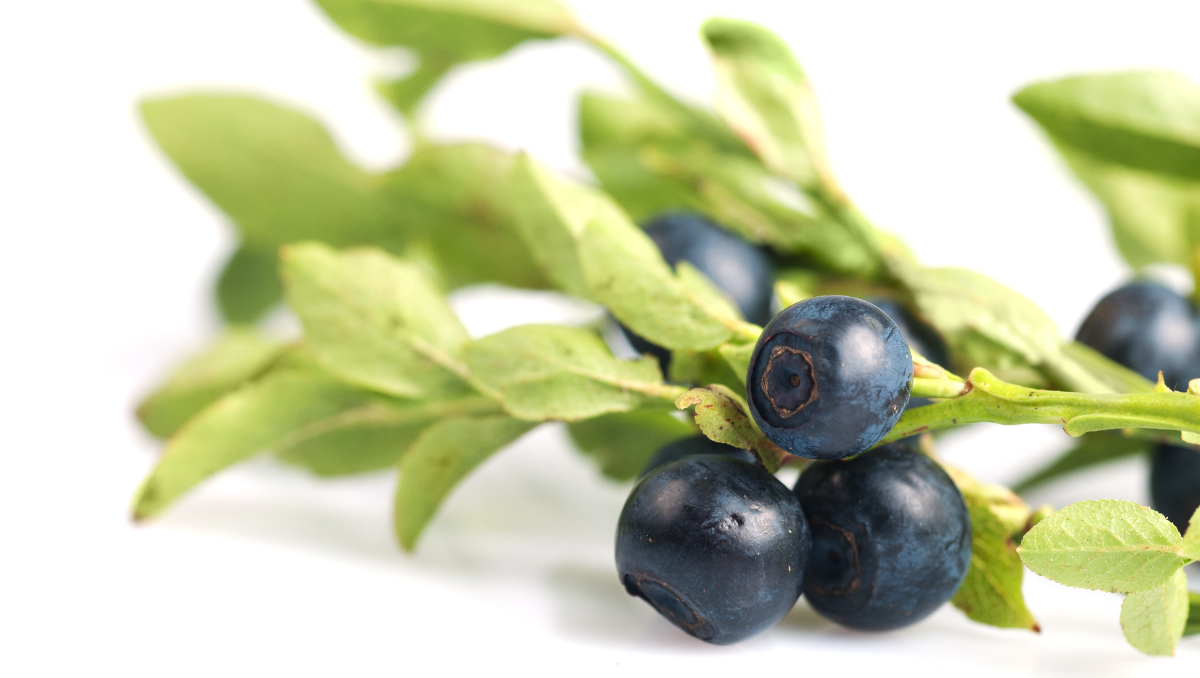
Bilberry Seed Oil
Rich in omega-3 fatty acid, bilberry seed oil soothes irritation and calms inflammation.
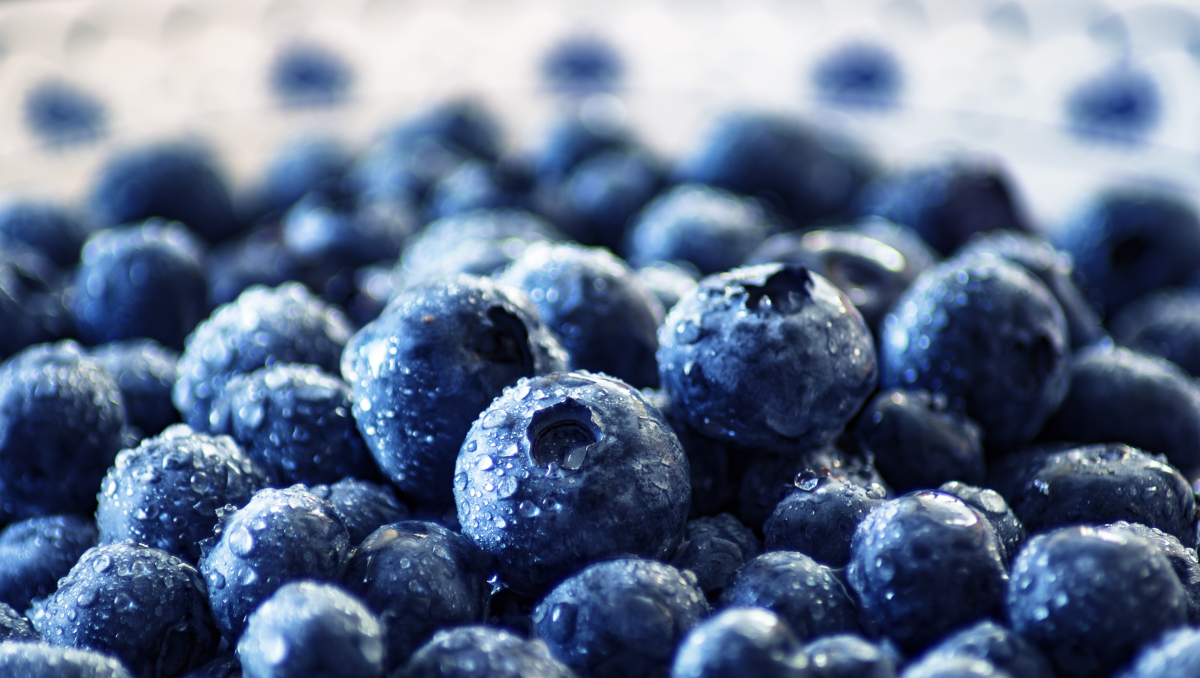
Blueberry Seed Oil
Full of antioxidants and exfoliate naturally while being high in vitamins A, D & E to brighten and remove tear stains.
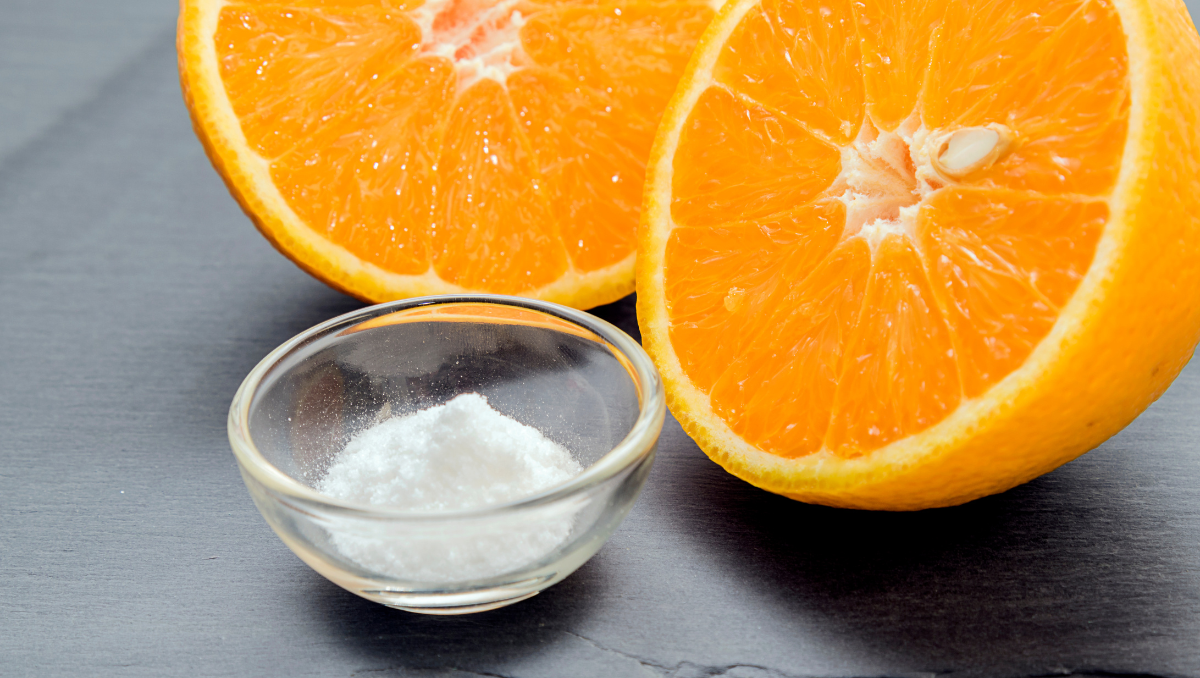
Boric Acid
A thickener and emulsifier that is also used to control pH. Can also help to prevent bacterial growth.
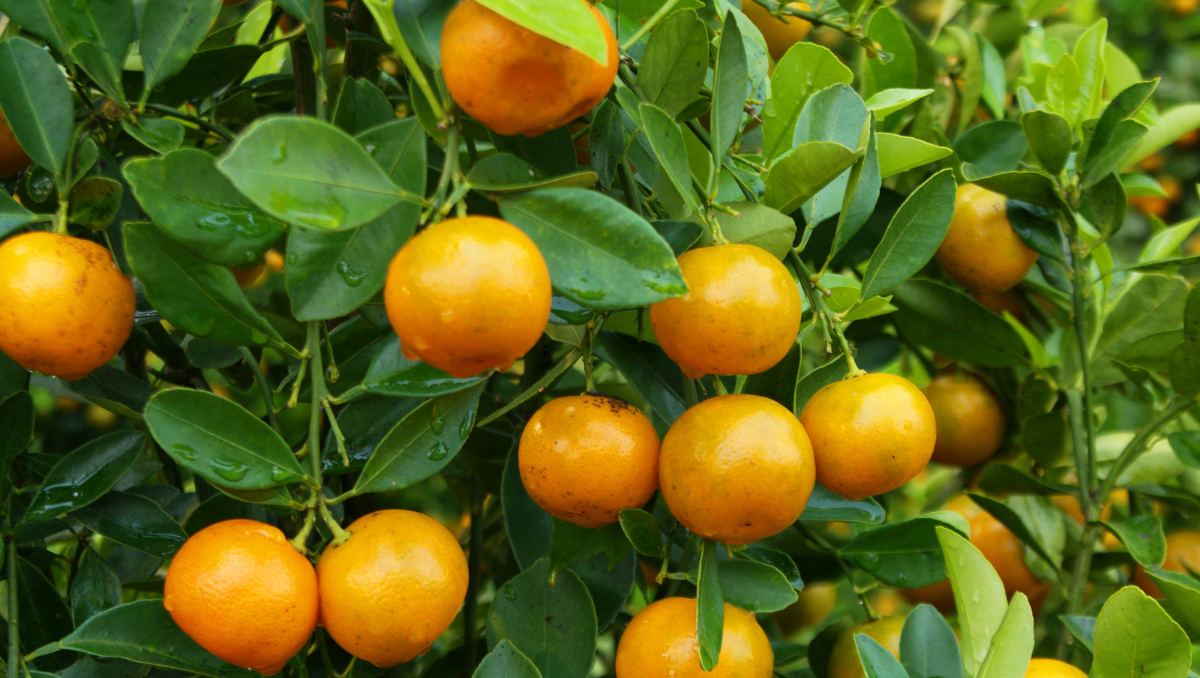
Citric Acid
Citric acid is found naturally in citrus fruits. Its acidity is used as a preservative and pH balancer.
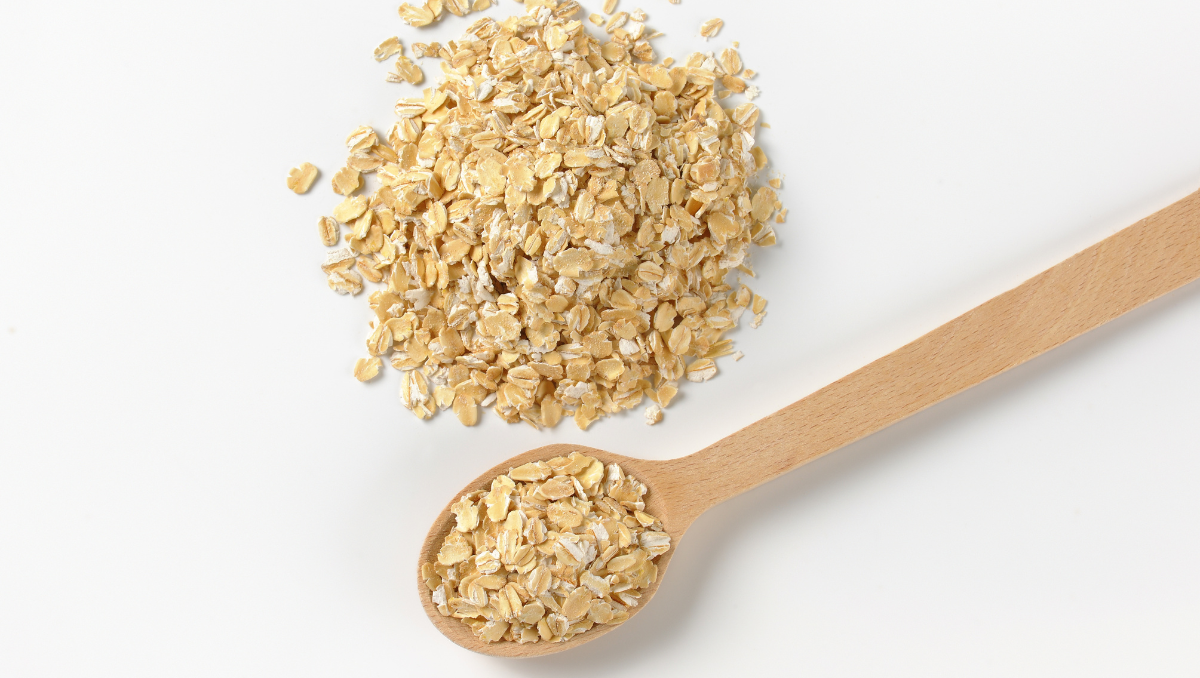
Colloidal Oatmeal
Oat Kernal Extract
A natural emollient packed with fats, proteins, vitamins, minerals, and other nutrients shown to benefit the skin. Used for a variety of skincare problems and particularly beneficial for helping to soothe itchy, dry skin.
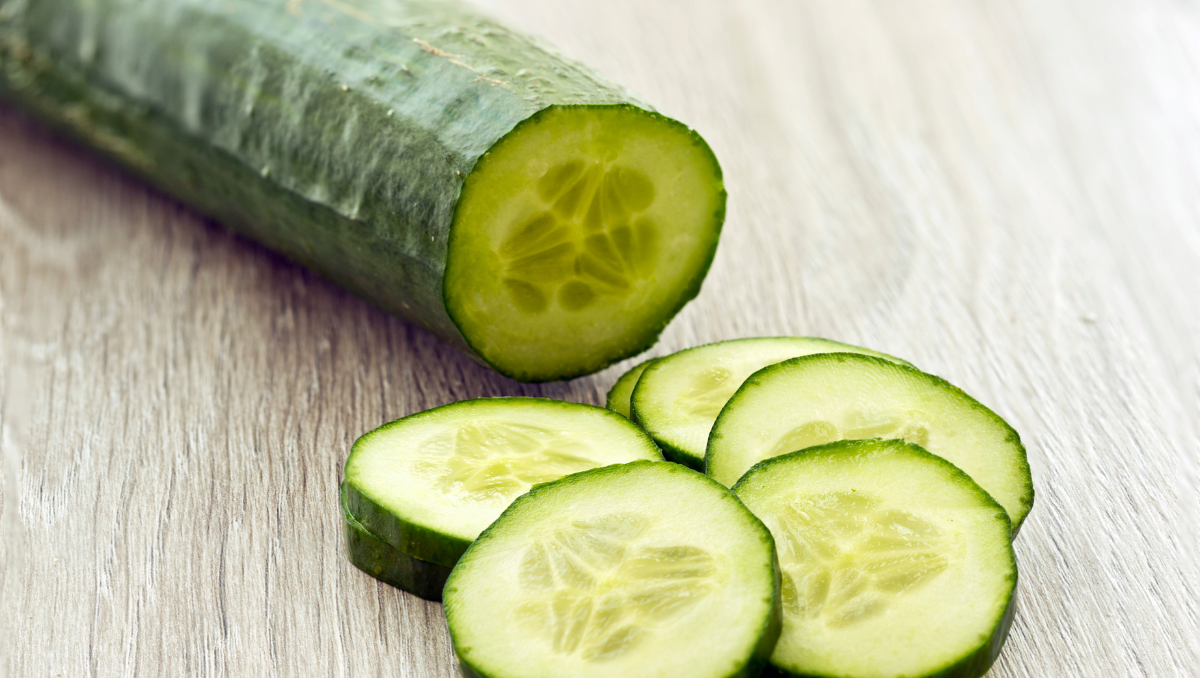
Cucumber Extract
When topically applied, cucumber extract is believe to benefit the skin with antioxidant protection and soothing properties.
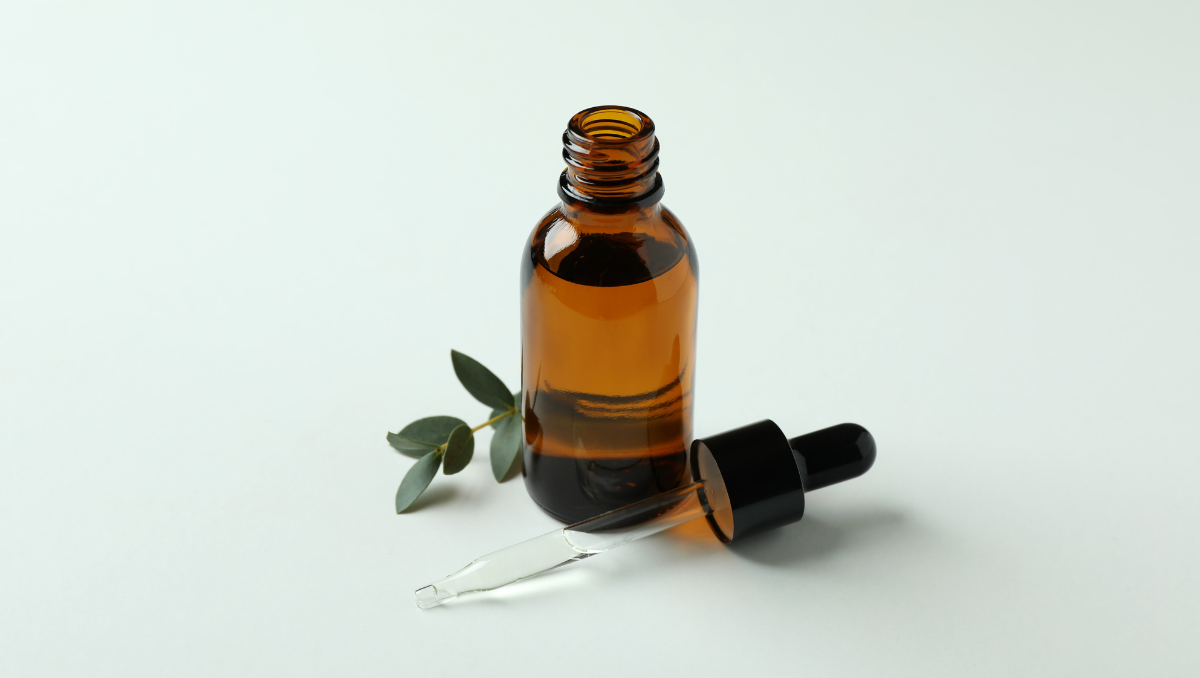
D-Biotin
A water-soluble vitamin that plays an important role in the health of hair, skin, and nails.
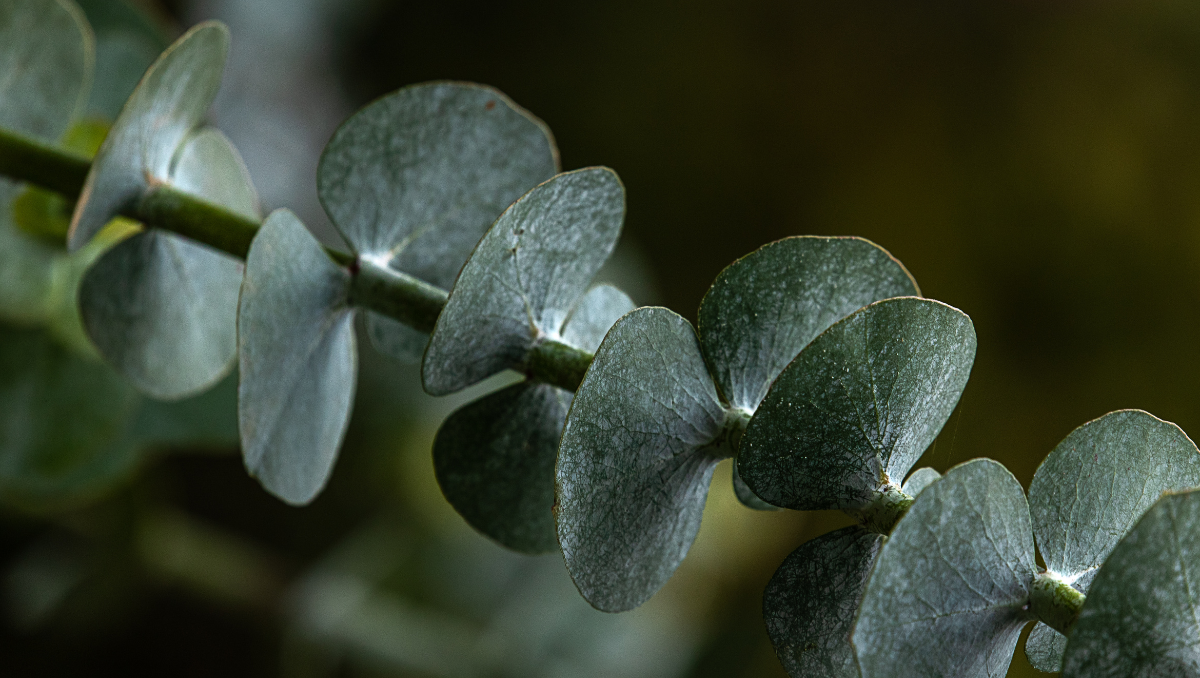
Eucalyptus Oil
An essential oil extracted through steam distillation of the leaves and branches of the Eucalyptus tree. This fragrant oil is a natural deodorizer and pest repellant.
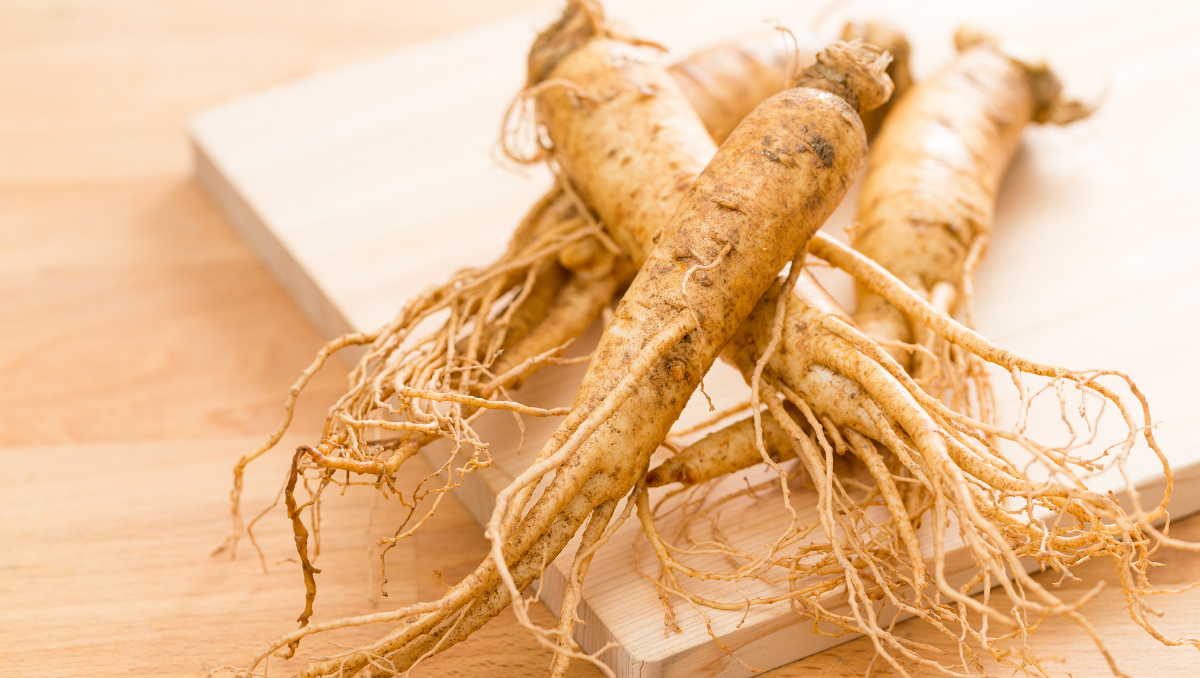
Ginseng Extract
Helps to reduce free radicals (aka anti-pollution).
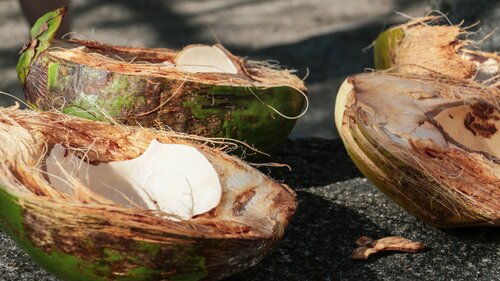
Glycerol
Vegetable Glycerin
A natural compound derived from vegetable oils. Commonly used in personal care products as a humectant that helps to trap moisture in the skin.
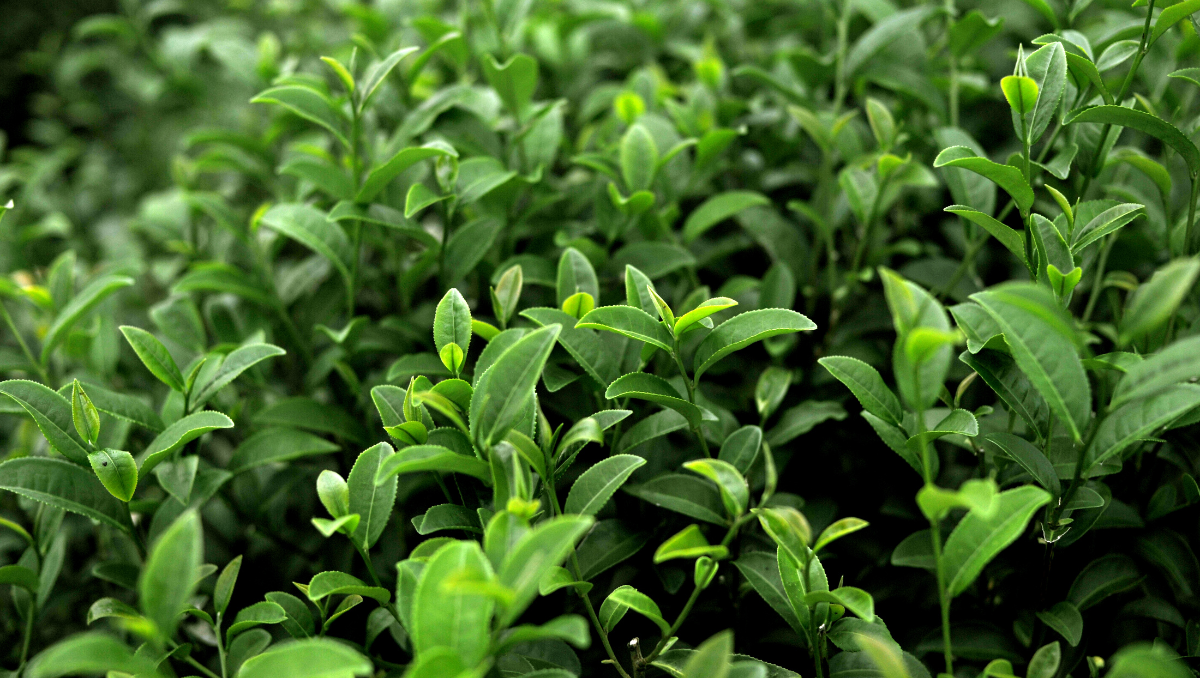
Green Tea Leaf Extract
Made from the leaves of the camellia sinensis tea botanical. Helps to calm skin irritation, soothes redness and swelling, and even repair damage.
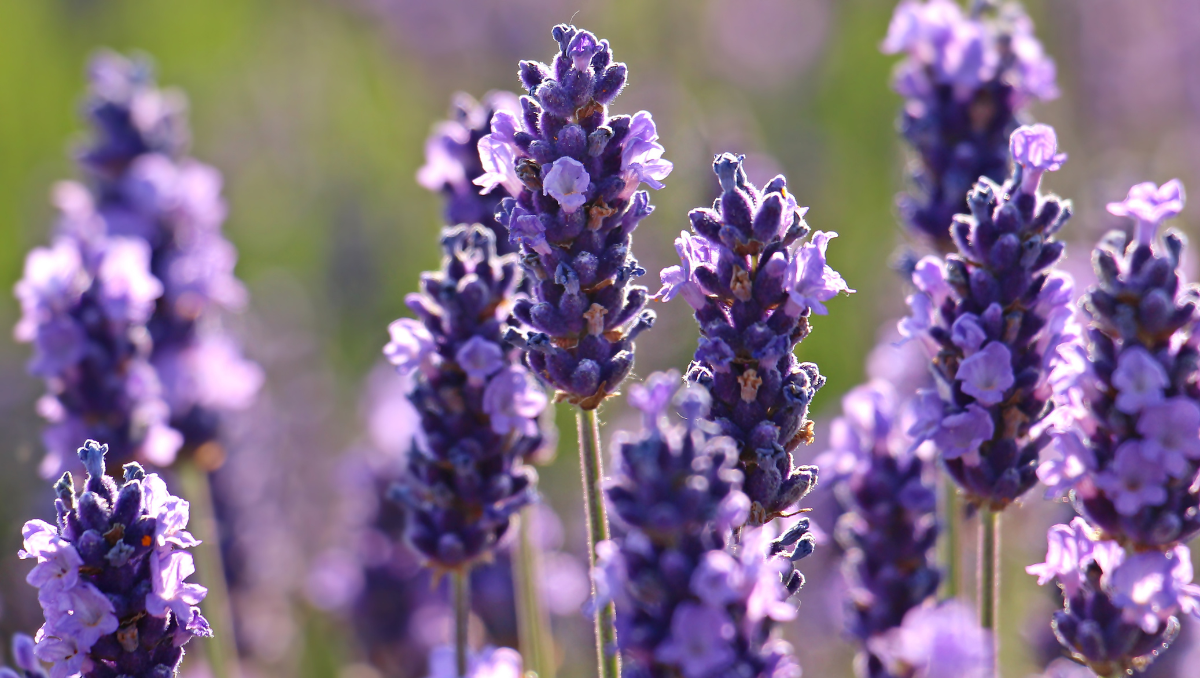
Lavender Oil
A popular and versatile essential oil used in aromatherapy. Distilled from the lavender plant, the oil promotes relaxation and is also an effective deodorizer.
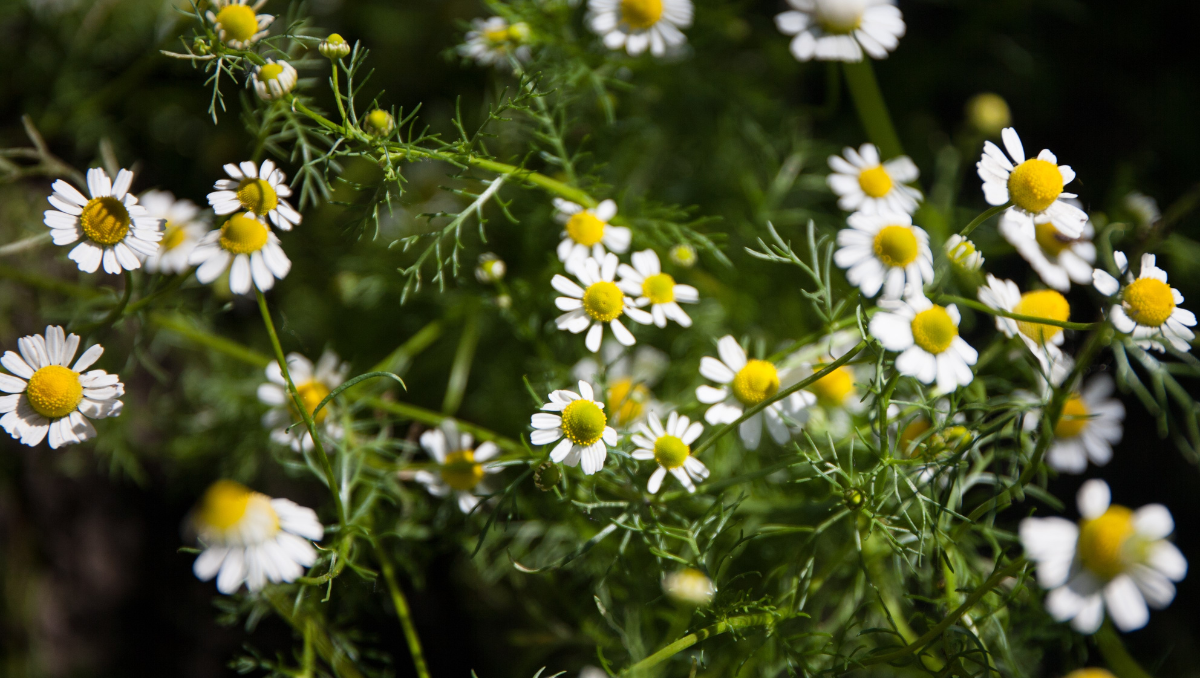
Matricaria Extract
Chamomilla Recutita Flower
Chamomile is believed to have anti-inflammatory and antioxidant properties that can help soothe the skin, reducing redness and skin irritations.

Oat Protein
Hydrolyzed Oat Protein
Naturally derived, soluble form of hydrolyzed whole oats that imparts a soft, cushiony feel on the skin. Studies have shown that hydrolyzed oats retain significantly more moisture no matter what the humidity.

Omega-6 Fatty Acids
Naturally occurring in certain plant foods, omega-6 fatty acids help to stimulate healthy skin and fur growth.
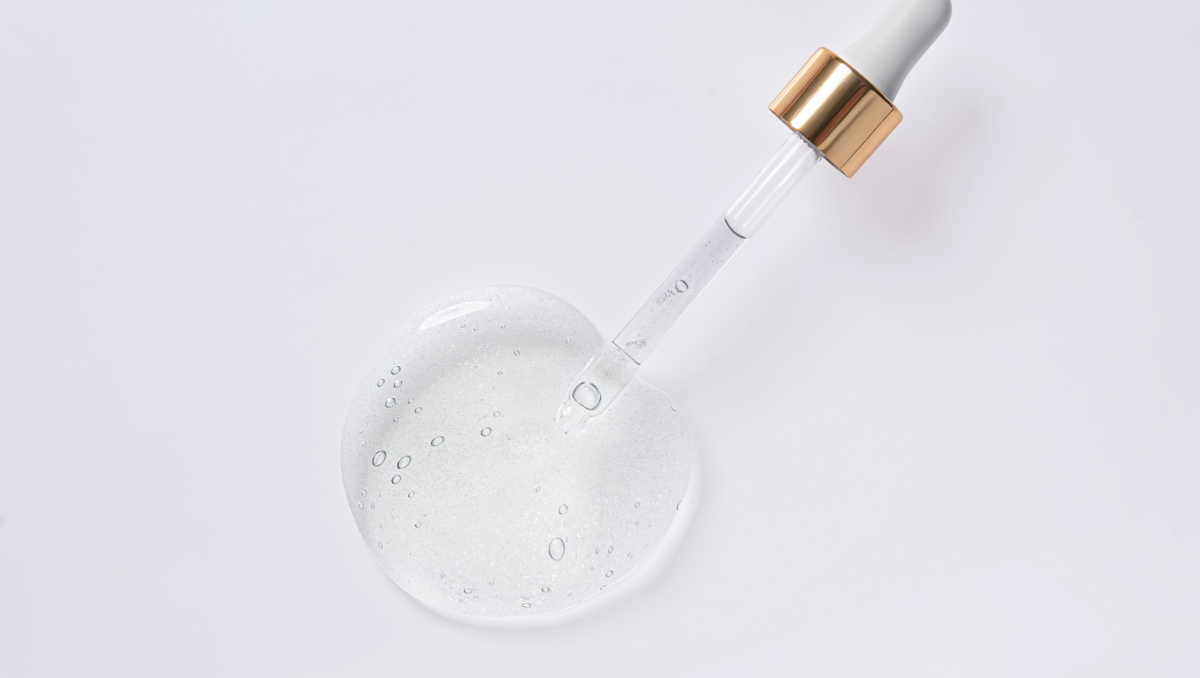
Panthenol
A form of vitamin B5, panthenol softens, smooths & moisturizes skin while also building a barrier against irritation and water loss.
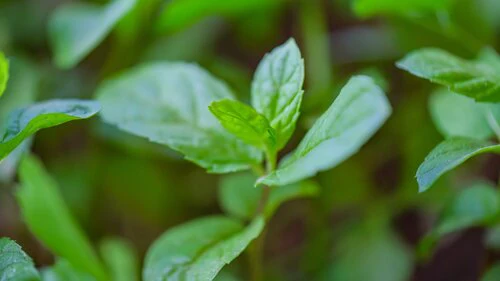
Peppermint Oil
Derived from the peppermint plant. Commonly used as flavoring in beverages and as a fragrance in cosmetics. Used in our products for its soothing and deodorizing properties.
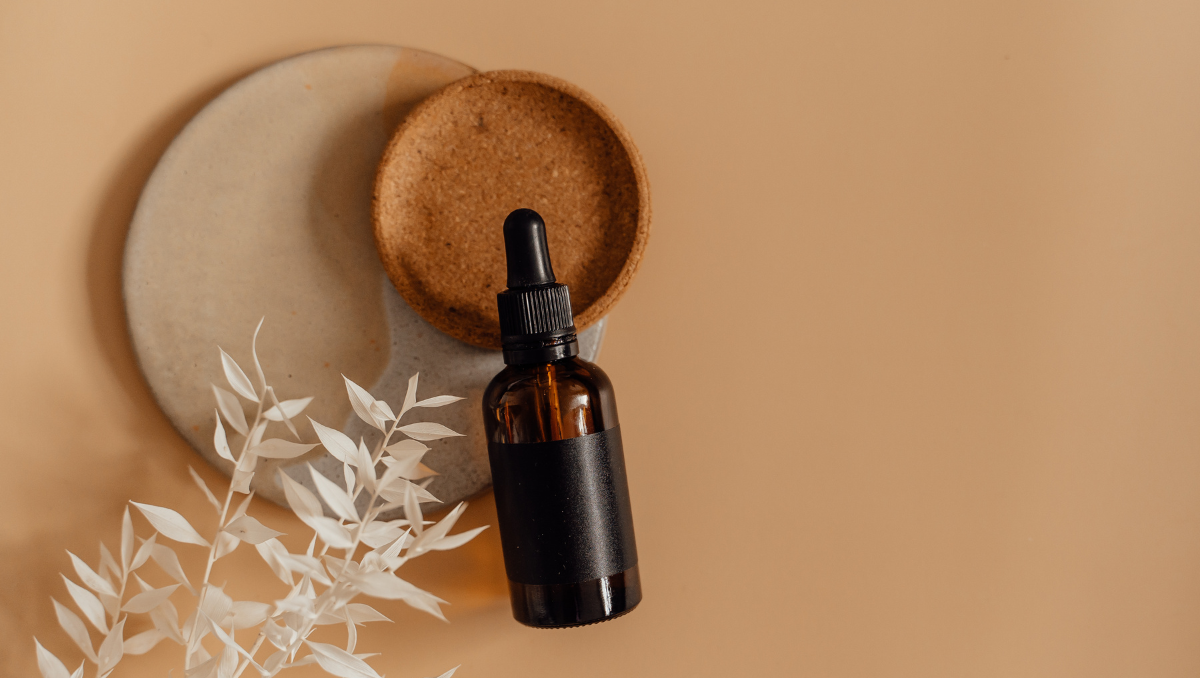
Phenoxyethanol
A safe preservative used at 1% or lower as directed in Europe and Japan.

Phytic Acid
One of the mildest alpha-hydroxy acids (AHAs) for the skin. Naturally present in legumes and seeds, phytic acid has both exfoliation and skin brightening benefits.
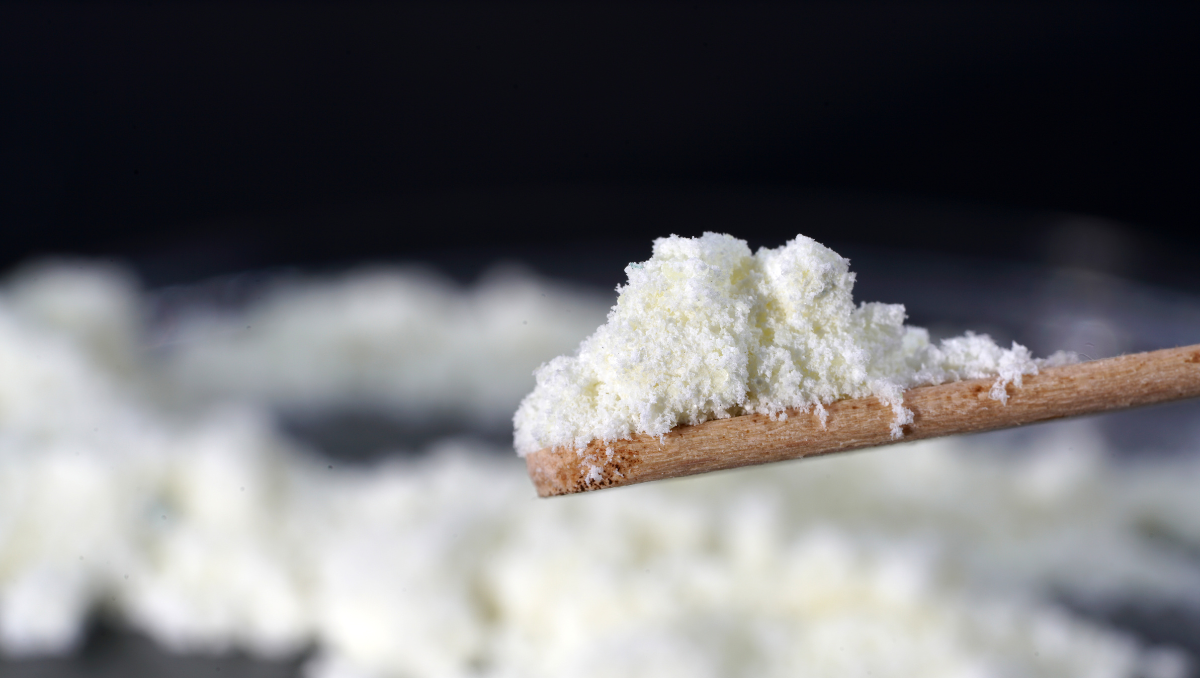
Potassium Sorbate
A safe preservative that is used in foods as well.
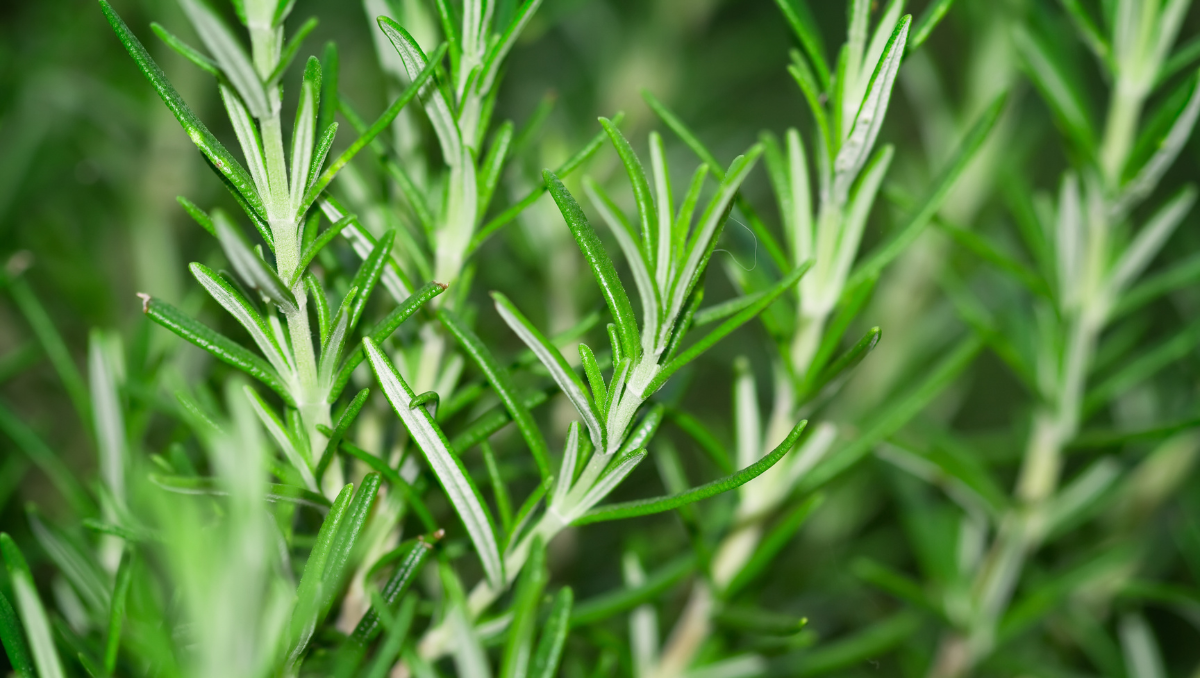
Rosemary Oil
An essential oil extracted from the leaves of the rosemary plant. The oil's health uses range from antioxidant benefits to anti-inflammation and more. Its herbaceous scent also makes it a great natural deodorizer.
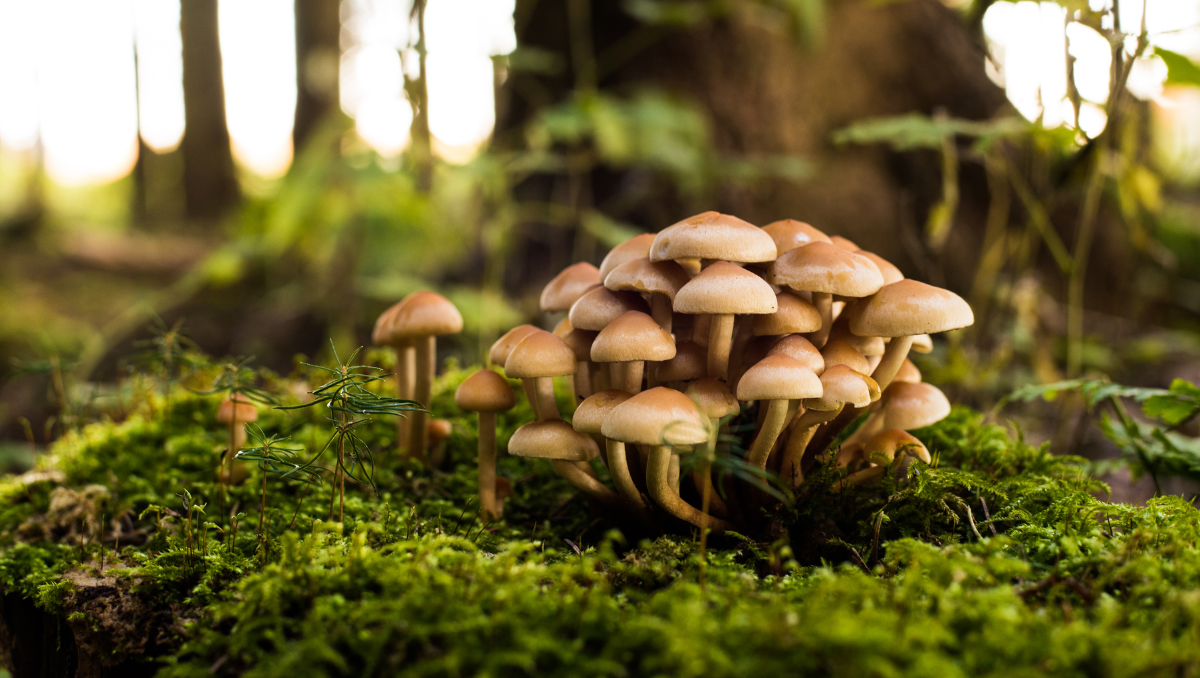
Saccharomyces Ferment
Derived from mushrooms, these enzymes provide bioconversion of unpleasant odors. They were an obvious choice for our tushy wipes.
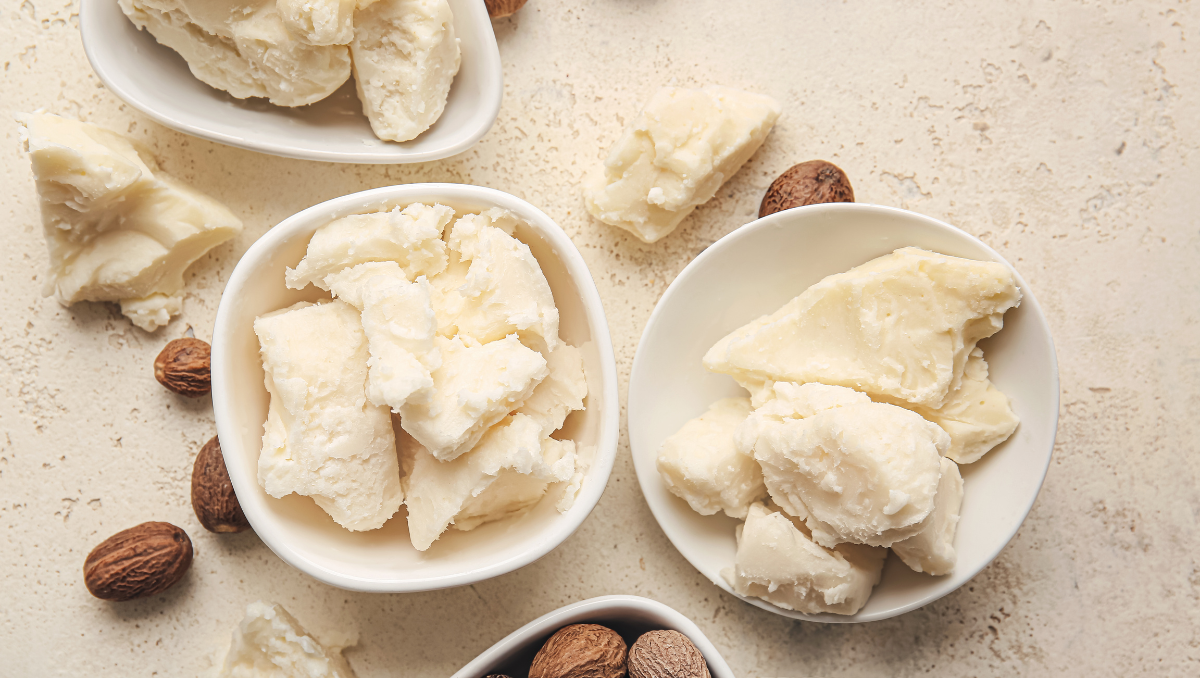
Shea Butter
Sustainably sourced in East Africa to improve the lives of the women who harvest the shea butter from shea trees. Full of fatty acids, vitamins and mineral for excellent moisurizing, soothing and skin softening.
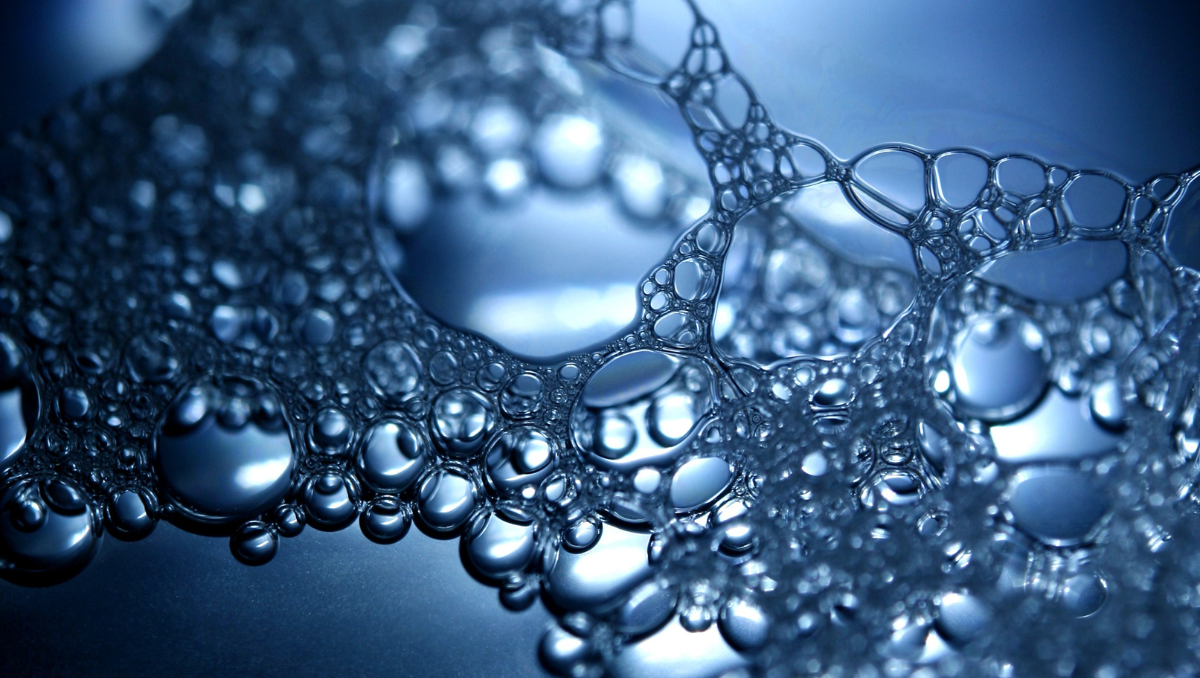
Sorbitan Oleate
Used as an emulsifier and cleansing agent.

Sunflower Seed Oil
Helianthus Annuus
Derived from Helianthus annuus seed. Used as a skin conditioning agent and a carrier for extracts.
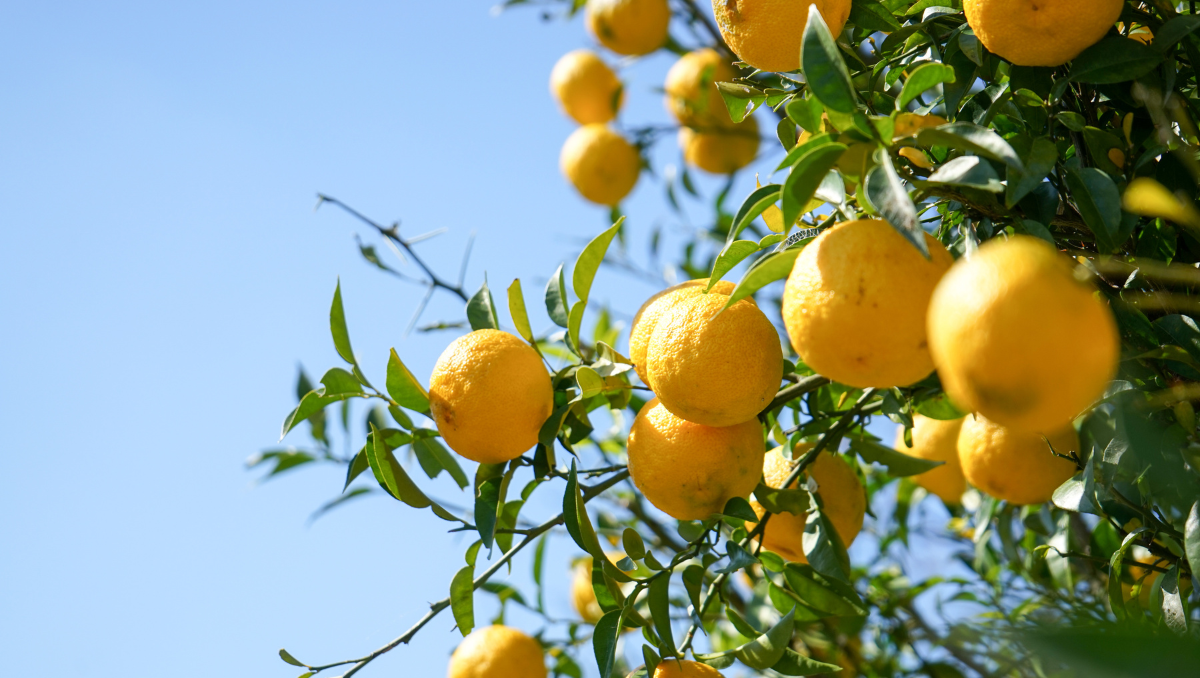
Sweet Orange Oil
Extracted from orange rinds. Orange oil is energizing, helps with skin irritations and is effective for deodorizing dog odors and repelling fleas.

Symphytum Officiale
Comfrey
A medicinal plant that contains allantoin, which has anti-dandruff, skin conditioning, and anti-inflammatory properties.
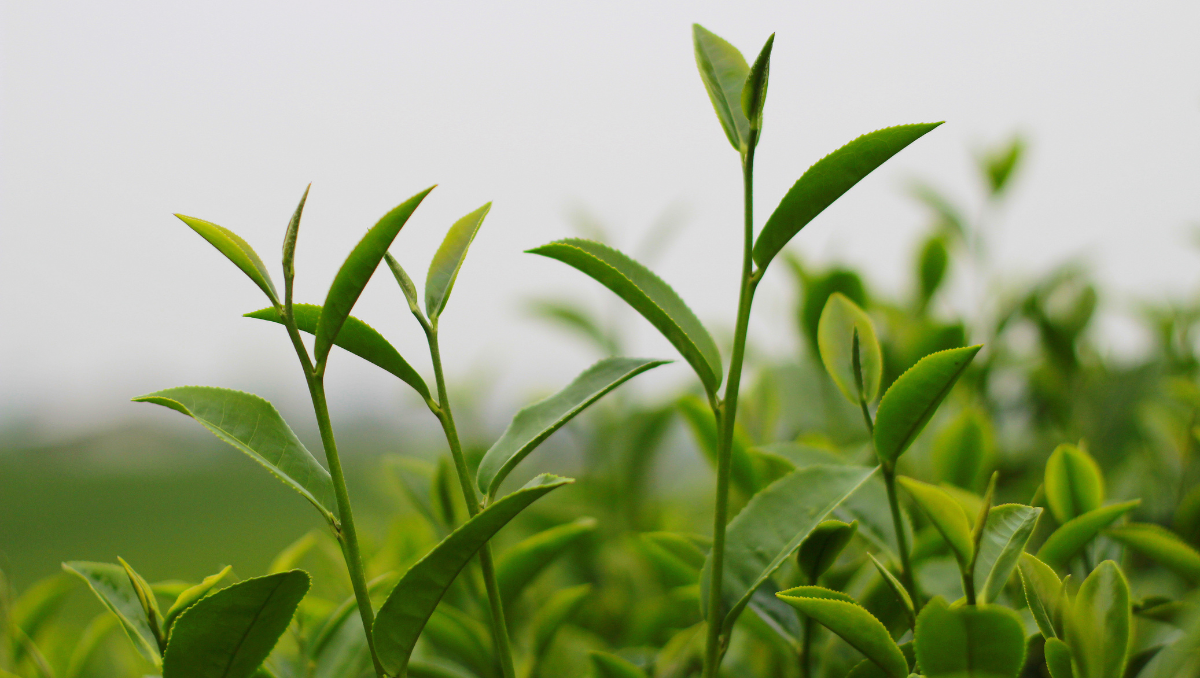
Tea Tree Oil
An essential oil that comes from steaming the leaves of the Australian tea tree. When used topically, tea tree oil is believed to have antibacterial and anti-inflammatory properties that soothe and protect the skin from hot spots, insect bites, and other skin irritations.

Vitamin A
Vitamin A can help repair fur and keep the skin moist.
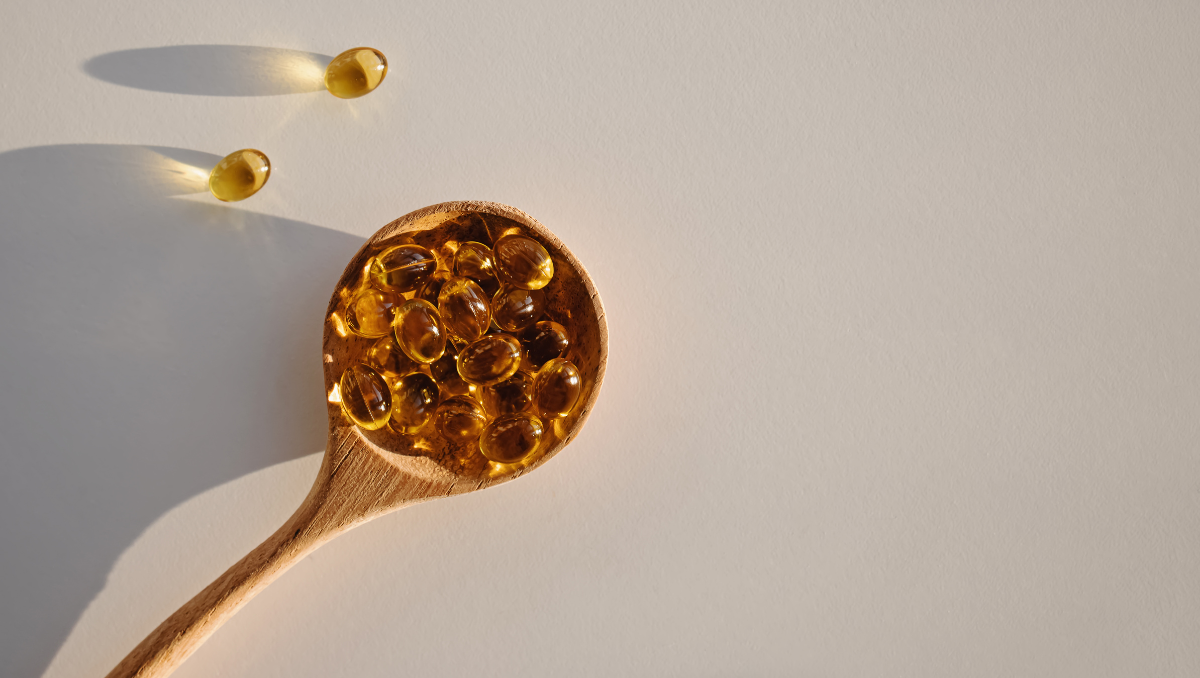
Vitamin D
Vitamin D is believed to have anti-inflammatory benefits while protecting the skin. As an antioxidant, it can also reduce damaging environmental oxidants.
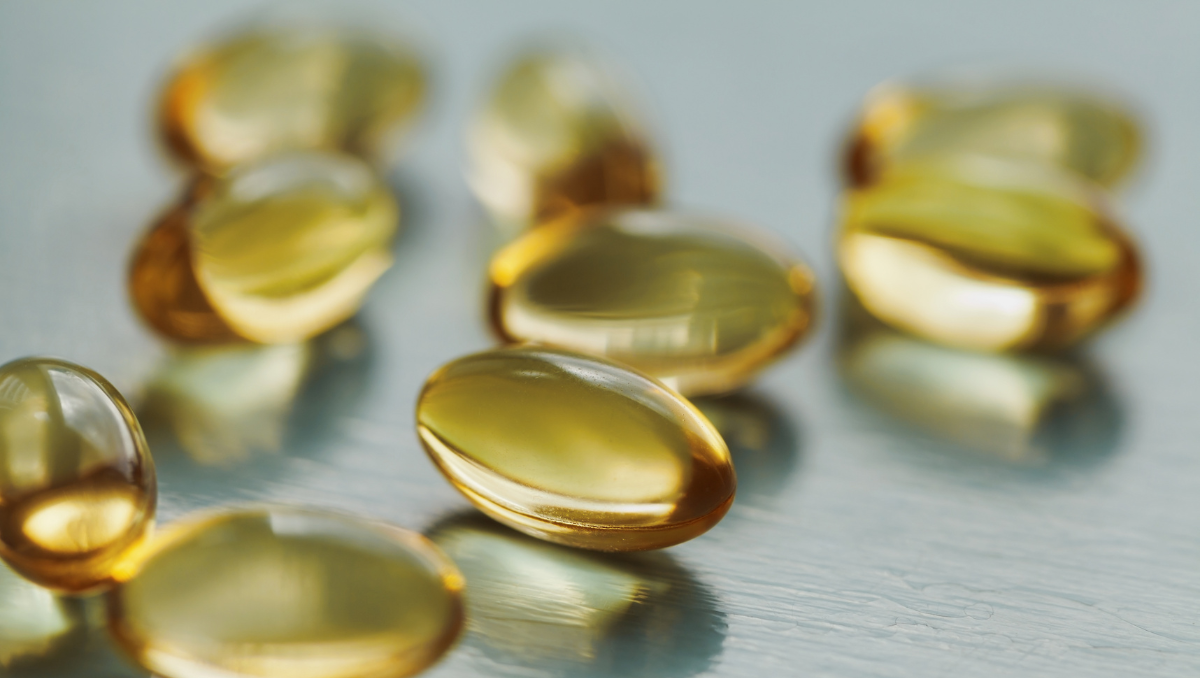
Vitamin E
Tocopheryl Acetate
Like vitamin C, vitamin E is an antioxidant. Its main function in skin care is to protect against sun damage. Vitamin E absorbs the harmful UV light from the sun when applied to the skin.
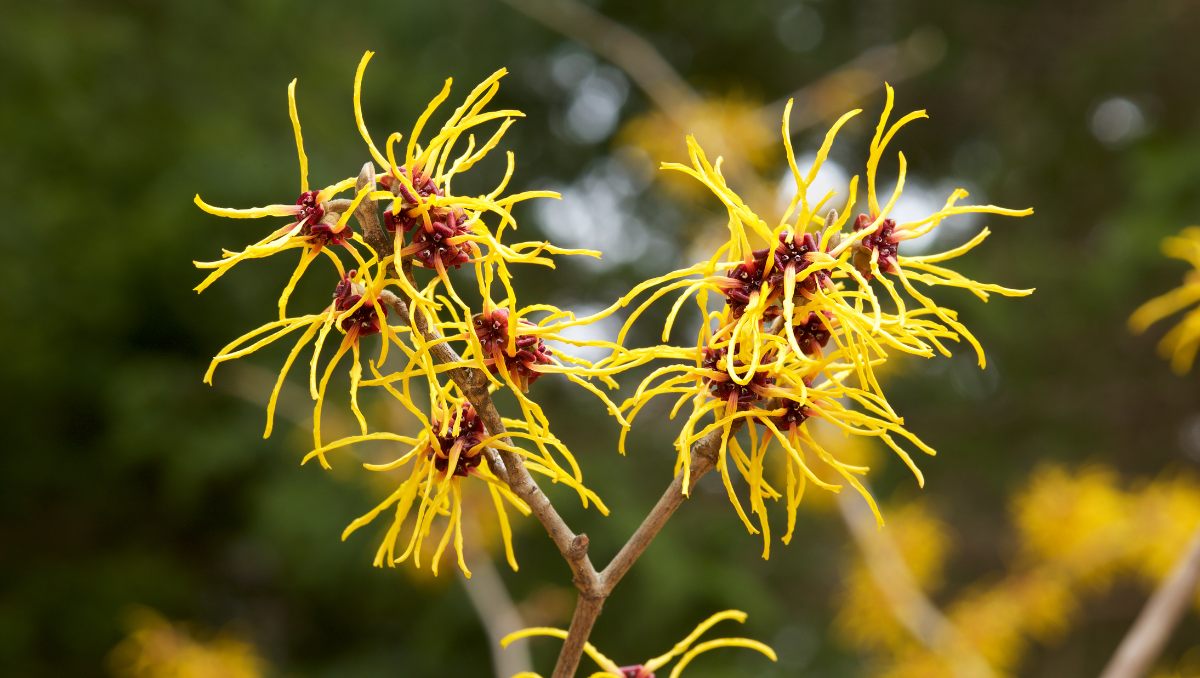
Witch Hazel
A natural astringent derived from Hamamelis virginiana. When applied to the skin, witch hazel has the potential to ease irritation and inflammation.
Non-Ingredients
What we don't put into our products is just as important as what we do. Below are some of the ingredients we promise to never include in any of our formulations.
Beeswax
Beeswax is the natural wax substance that can have some skin softening benefits. However, we do not use it because it is an animal by-product.
Cocamidopropyl Betaine
A surfactant that has been associated with irritation and allergic contact dermatitis. An environmental toxin that affects the immune system.
DEA
DEA (diethanolamine) and DEA compounds are used to make shampoos sudsy. In small doses, DEA can cause an allergic reaction. Large doses are potentially carcinogenic to humans, especially as it builds up in the system over time.
Ethanol
Ethanol is widely used in products, from personal care to household products. We do not use it due to its carcinogenic effects.
Formaldehyde
Pair text with an image to focus on your chosen product, collection, or blog post. Add details on availability, style, or even provide a review.
Gluten
Gluten is a family of proteins found in grains, including wheat, rye, spelt, and barley. Most people can tolerate gluten with no adverse effects. However, it can cause problems for people with certain health conditions.
Isopropyl Alcohol
Isopropanol, 2-pPopanol, and Propyl
Commonly known as rubbing alcohol, it is a known depressant, nerve toxin, lung and heart irritant, and liver toxin.
Lanolin
Lanolin oil is an emollient which can help soothe dry or dehydrated skin. However, we don't use it in our products because it is an animal by product.
Parabens
Methylparaben, Propylparaben
Parabens are commonly used as preservatives in skin care products, but they can mimic estrogen and can act as potential hormone (endocrine) system disruptors.
PEG
Polyethylene Glycol
Known cancer causing chemical used as a solvent in shampoos and conditioners.
Phthalates
Phthalates help with the scenting of products. Like parabens, they are known male and female hormone disruptors.
Propylene Glycol
Commonly used as a skin conditioning agent. It has been associated with irritant and allergic contact dermatitis in pets and humans.
Soap
Soaps will strip skin of the natural oils that help to nourish and protect it. This decreases its natural ability to fight off bacteria, yeast, and other irritants.
Sulfates
Sodium Laureth Sulfate, Sodium Lauryl Sulfate, and Ammonium Laureth Sulfate
A commonly used cleansing agent added to many shampoos and is the main ingredient that makes a product foam. While moderately toxic it can irritate skin, eyes and lungs, and holds moderate concern for organ system toxicity.
Synthetic Dyes
Artificial colors have been associated with many forms of cancer. A few examples of these colors are “D&C, FD&C, or Yellow 5”.

